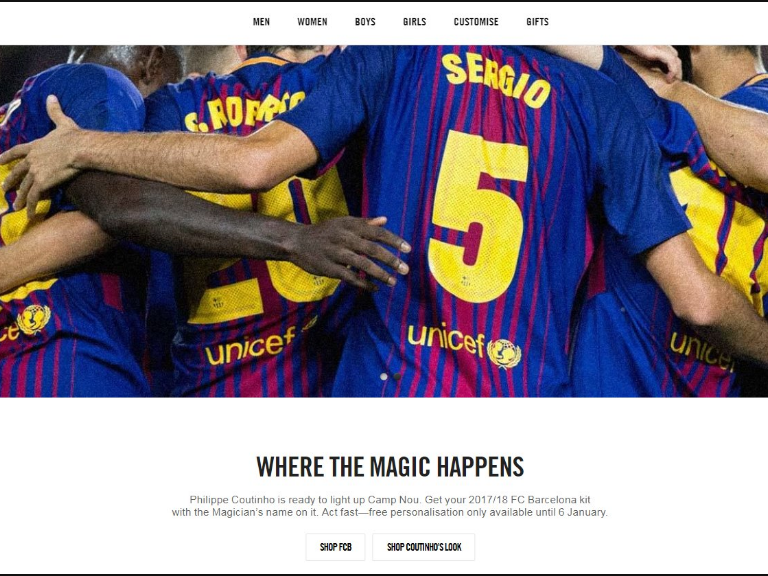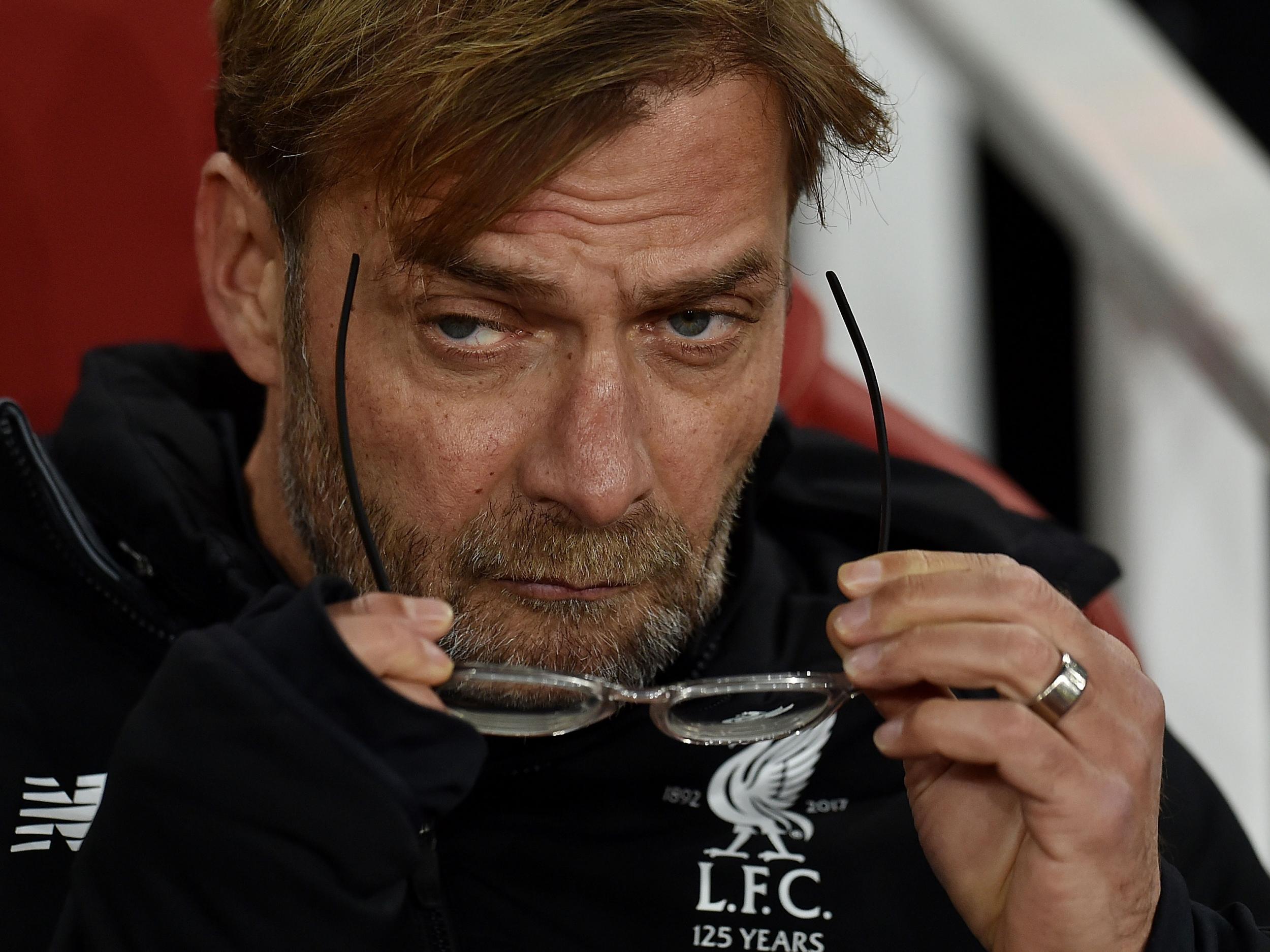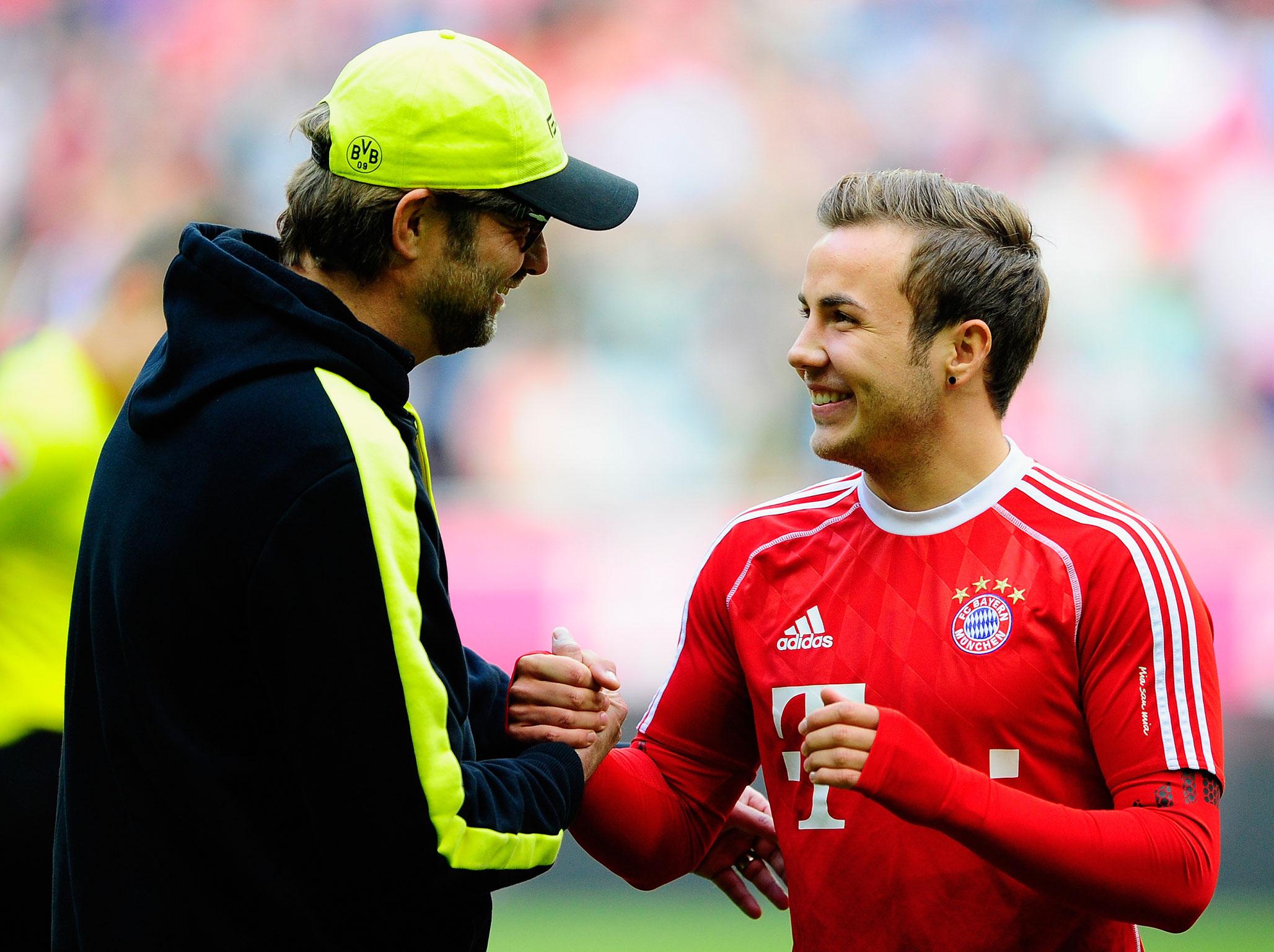The inside story of Philippe Coutinho's Barcelona transfer, why Jurgen Klopp wasn't desperate to keep him and where Liverpool go from here
The Brazilian has finally got his dream move leaving behind a club and a manager under more pressure than ever to deliver

Your support helps us to tell the story
From reproductive rights to climate change to Big Tech, The Independent is on the ground when the story is developing. Whether it's investigating the financials of Elon Musk's pro-Trump PAC or producing our latest documentary, 'The A Word', which shines a light on the American women fighting for reproductive rights, we know how important it is to parse out the facts from the messaging.
At such a critical moment in US history, we need reporters on the ground. Your donation allows us to keep sending journalists to speak to both sides of the story.
The Independent is trusted by Americans across the entire political spectrum. And unlike many other quality news outlets, we choose not to lock Americans out of our reporting and analysis with paywalls. We believe quality journalism should be available to everyone, paid for by those who can afford it.
Your support makes all the difference.It’s happening again. No doubt there will be revelations over the next few days that disrobe the mask: exposing Philippe Coutinho’s truer self, making you think, ‘Glad he’s gone – better off without him.’ It is indeed accurate to say he is not the angel Liverpool perhaps more than any other organisation preferred to paint him as when signing fresh contracts over the years, because this a more serious character than the warm smiling child of Rio de Janeiro.
It seems significant that while last summer Fenway Sports Group issued denials in relation to the prospect of Coutinho being sold to Barcelona, it was left to Jürgen Klopp to explain why it had eventually happened. And the key line from Klopp’s statement on Liverpool’s official website last night was this: “Philippe was insistent with me, the owners and even his teammates this was a move he was desperate to make happen.” The key word: “teammates.”
Liverpool’s players were getting ready for training last August at Melwood when Coutinho entered the changing room with an expression attached to his face, one that meant maybe he did not need to explain his intention to leave – though he did anyway in front of an entire squad. Only he knows whether the decision was made out of confidence or desperation but it ended up backfiring because it contributed towards Liverpool reinforcing their position.
The club had rejected each of Barcelona’s bids at the time. If this player got his way, others would know what to do when they wanted to go. Disrupt and meet your desires. Fenway by then had already publically stated he would not be released. To relent would be to encourage protests at their ownership, as Jamie Carragher pointed out. Maybe Fenway’s credibility would have been lost forever.
As The Independent revealed in September, Coutinho had been complaining of back pain and when a scan revealed nothing was wrong with him, it was decided then it was better to play along with the façade - publically at least - in an attempt to try and limit the attention around his behaviour and allow Liverpool’s season to begin with less disruption than there would have been otherwise.
Coutinho had placed Klopp in an uncomfortable position nevertheless, someone who positions harmony and trust between staff above ability and status. Football clubs are working environments like anywhere else in the sense that when someone doesn’t want to be there and lets it be known, chipping away, mood spreads quickly and productivity levels decrease. Others – friends – can also become unsettled.

Privately, Klopp was not against selling and moving on. It is a process he is not scared of, having seen Nuri Sahin join Real Madrid when he was Borussia Dortmund’s manager, before Mario Götze and Robert Lewandowski went to Bayern Munich with his blessing. He genuinely believes there are always solutions to be found – that players can always be replaced, if a manager is patient and he has the confidence of those above him, facilitating the necessary time to see his measures through. He can be absolutely certain of that at Liverpool.
Coutinho’s departure, though, brings enormous pressure on him: from Liverpool supporters, from rival supporters, from the traditional media, from social media. He will remember that while he traded Sahin for Ilkay Gündoğan at Dortmund, that while Henrikh Mkhitaryan later came in for Götze successfully, Ciro Immobile failed when Lewandowski ran down his contract and within twelve months, Klopp was no longer Dortmund’s manager.

Perhaps, indeed, no sport as much as football makes unhealthy comparisons, detailing similarities as absolutes: drawing on stories set in one place and transposing them somewhere different because the environments are comparable.
Klopp should be aware by now that expectations at Liverpool are unique. Which other club in world football has dominated its domestic and continental scene before waiting 28 years for a league title? At Dortmund, the club had fallen far in a short space of time economically but it had won the Bundesliga six years before Klopp’s arrival. By the time Sahin went in 2011, Dortmund had already become champions again and so, the wider trust in him was total. At Liverpool, he is more than two years in and despite the clear progression made under his guidance, he has not won anything yet and Coutinho’s exit decreases the chances of that changing this season.

There might be a temptation to believe the deal smashes the perception that Klopp is a manager all players really want to work for but in reality, that was never the case: look at what happened at Dortmund. But for a few, the modern player is always willing to move, to try something new somewhere else. From Coutinho’s point of view, four years at a major club with no medals to show for it alone is a fair reason for looking elsewhere.
And so, it is how Klopp replaces the Brazilian and how quickly he operates that has the potential to determine whether Liverpool’s development under him continues. It has the potential to define his entire era in charge at Anfield.
It can be dangerous to look backwards for answers and reminders for the way things should really be but when Liverpool were the greatest club side in Europe, its success had been borne out of the ability to buy and sell effectively. Though this process has become harder because there are fewer secrets, the theory remains relevant. It has always been the length of time clubs keep good players for that defines what happens on the field.
Ian Rush became Liverpool’s greatest goalscorer but in 1983, he wanted to leave for Napoli when a £5million offer was made. It was reported then that Rush would improve his salary by six times but Bob Paisley and John Smith, the chairman, said, “No”. Rush didn’t speak to Smith for three months but scored 49 goals that season. He would eventually depart for Juventus four years later, but only when Liverpool were ready to let him go. Ultimately, this is a position Liverpool will need to return to if they wish to enjoy sustained success, never mind pockets of success: a position where they shape the market rather than react to it.
Join our commenting forum
Join thought-provoking conversations, follow other Independent readers and see their replies
Comments